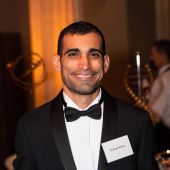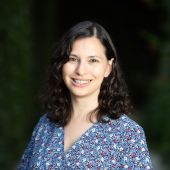We have offered the first Blavatnik Fellows membership at Queens' College. The Blavatnik Postdoctoral Research Associates (PDRAs) are members of the SCR, given rights to dine at High Table and join our academic community. This programme not only diversifies the College's intellectual society, but gives the PDRAs an opportunity to meet other academics in a wide range of fields at the College.
Our current Blavatnik PDRAs are:

